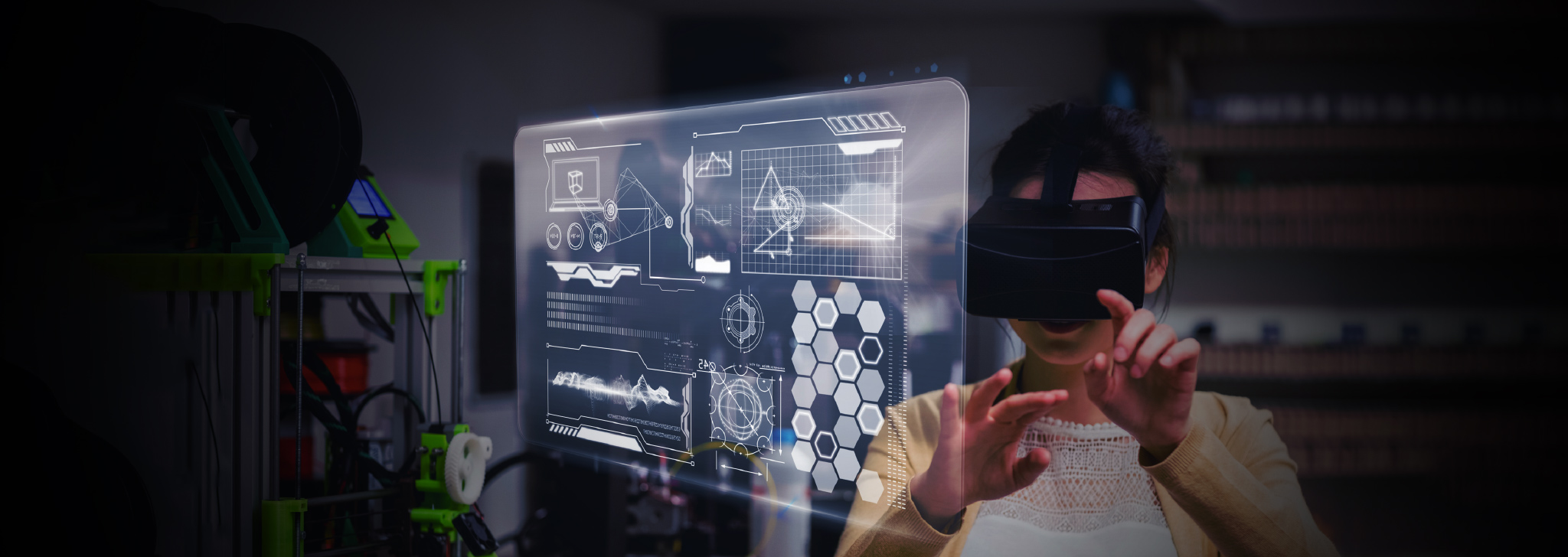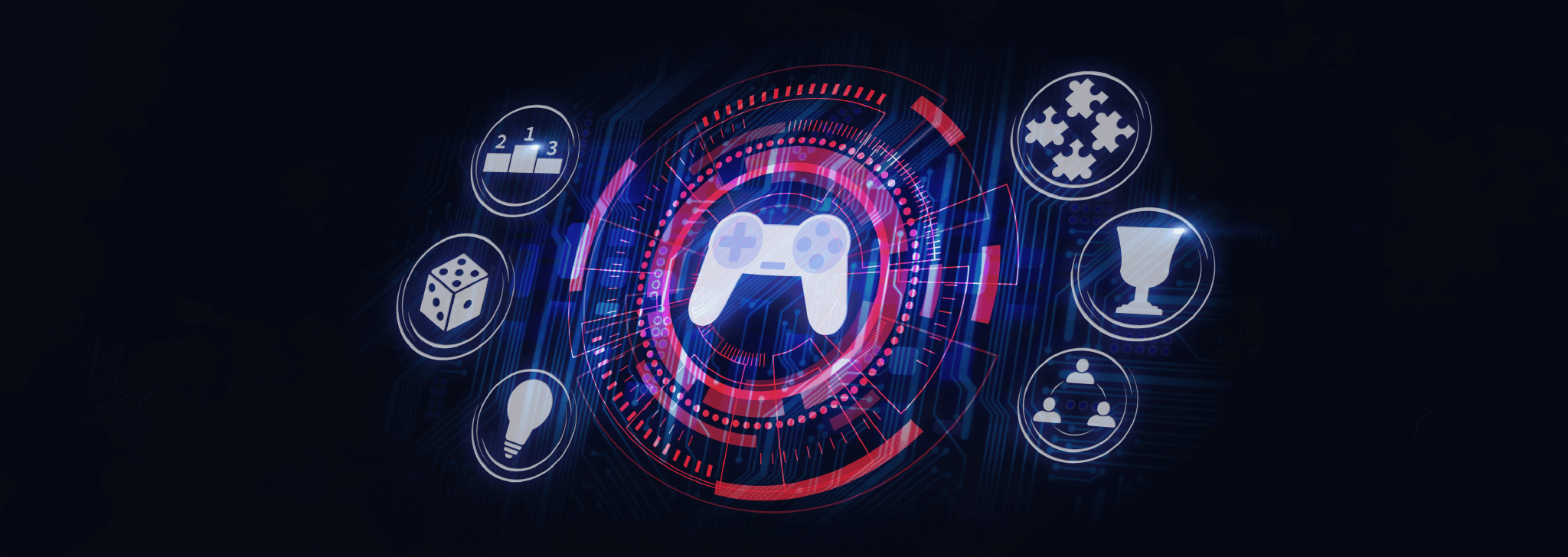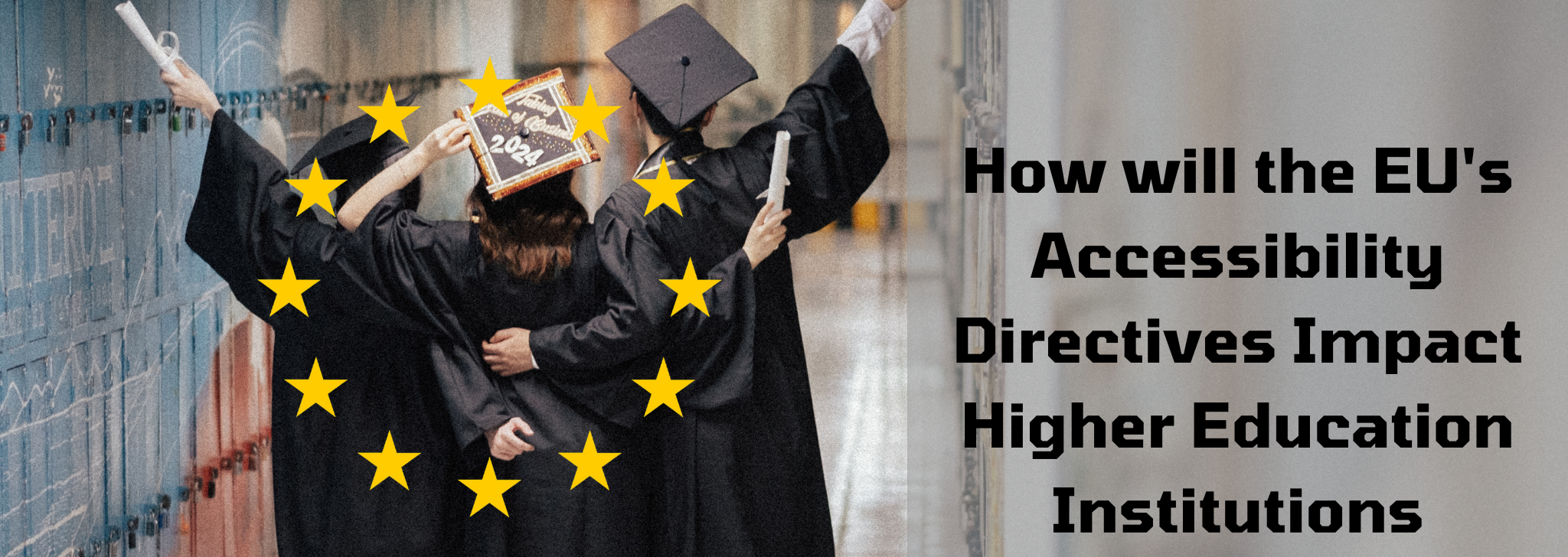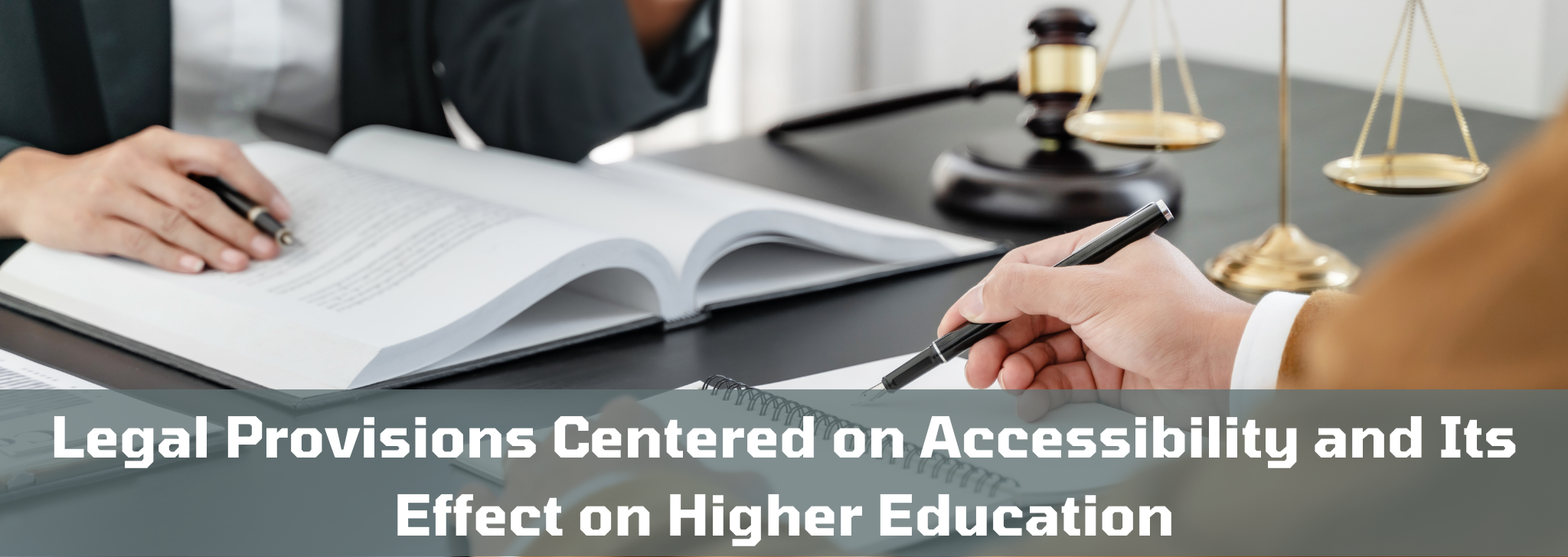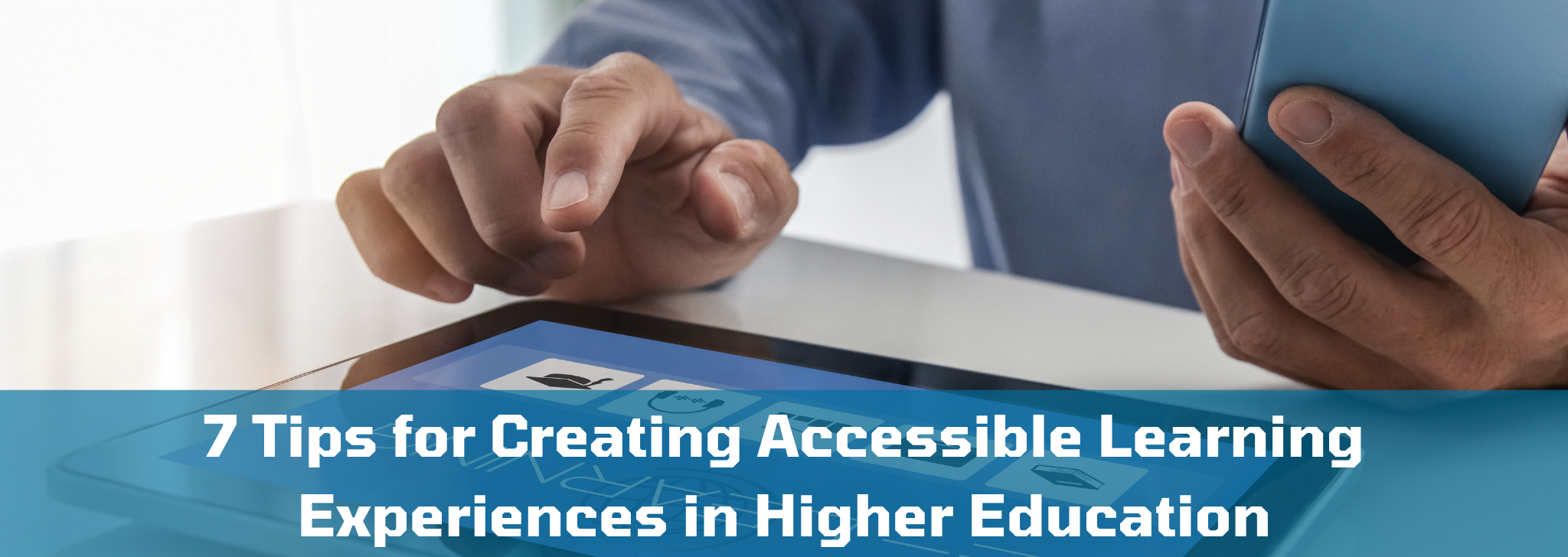The Role of AR/VR in Creating Immersive Learning Experiences for College Students
Augmented reality (AR) and virtual reality (VR) are transforming higher education by creating immersive, interactive learning experiences. From virtual medical simulations to AR-enhanced engineering labs, these technologies bridge theory and practice, boosting engagement and retention. Discover how AR/VR transforms classrooms, enhances collaboration, and prepares students for real-world challenges—making learning more dynamic and accessible than ever before.
Personalized Learning: The Future of Higher Education
Personalized learning is transforming higher education, leveraging AI and big data to tailor coursework to individual needs. No longer a one-size-fits-all approach, this model boosts engagement, improves outcomes, and ensures flexibility for diverse learners. From AI tutors to adaptive learning ecosystems, the future of education is student-centered, dynamic, and personalized. Discover how technology is reshaping academia for the better.
Gamification in Higher Education: Engaging Students Through Interactive Learning
Gamification of learning in higher education transforms traditional education by integrating game elements like points, leaderboards, and narratives to enhance engagement and retention. It fosters motivation, critical thinking, and collaboration through interactive experiences. While challenges exist, emerging technologies like AI and VR promise a dynamic future. By balancing innovation with pedagogy, gamification reshapes learning for the digital era.
The Rise of Microlearning: Why Higher Education Institutions are Adopting It
Higher education is evolving, and microlearning is leading the way. With shorter attention spans and rapidly changing industries, traditional long lectures are no longer effective. Universities are adopting microlearning—focused, bite-sized modules that improve retention and align with modern learners' needs. This blog explores why institutions are embracing microlearning and how it's reshaping higher education.
How Artificial Intelligence is Revolutionizing Learning Experiences in Higher Education
Artificial intelligence is transforming higher education by personalizing learning, automating tasks, and boosting engagement. From AI tutors to predictive analytics, discover how AI is reshaping education, improving outcomes, and addressing challenges in this insightful blog.
Top 10 eLearning Trends Shaping Higher Education in 2025
The future of higher education is being shaped by emerging eLearning trends, from AI-driven learning and microlearning to immersive AR/VR experiences. As we move into 2025, institutions must embrace these innovations to enhance engagement, accessibility, and workforce readiness. Discover the top 10 eLearning trends revolutionizing education and learn how institutions can adapt to stay competitive.
The Future of Higher Education: Exploring the Latest eLearning Trends and Innovations
The future of higher education is being shaped by eLearning trends like AI-driven learning, microlearning, gamification, and immersive AR/VR experiences. Institutions must embrace these innovations to enhance engagement, accessibility, and workforce readiness. Explore how these cutting-edge trends are transforming learning and how your institution can stay ahead with modern eLearning solutions.
How Will the EU’s Accessibility Directives Impact Higher Education Institutions?
The EU Accessibility Directives are reshaping higher education by mandating inclusive digital environments. From WCAG 2.1 compliance to enhanced learning opportunities for students with disabilities, these regulations drive accountability and foster innovation. Learn how HEIs can adapt and lead inclusively.
Legal Provisions Centered on Accessibility and Their Impact on eLearning in Higher Education
Accessibility in eLearning is essential for fostering inclusivity in higher education. Legal provisions like ADA, Section 508, and the EAA compel universities in the US and Europe to design accessible digital platforms and content. This blog explores how these laws are reshaping eLearning to ensure equitable education for all.
7 Tips for Creating Accessible Learning Experiences in Higher Education
Accessibility in higher education is about creating digital learning environments usable by all students, including those with disabilities. From adopting UDL principles to using assistive technologies, this blog offers seven practical tips to ensure inclusivity and equity in eLearning experiences.


